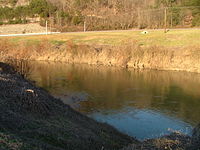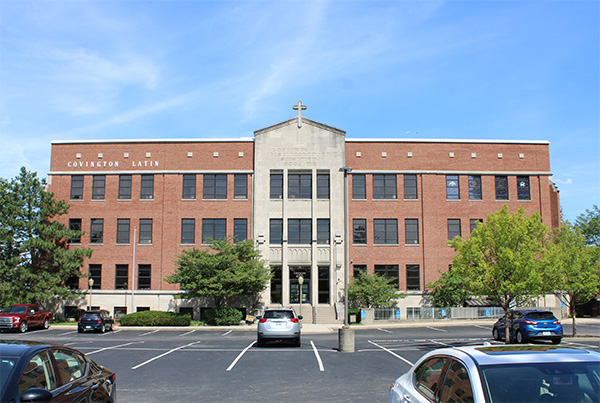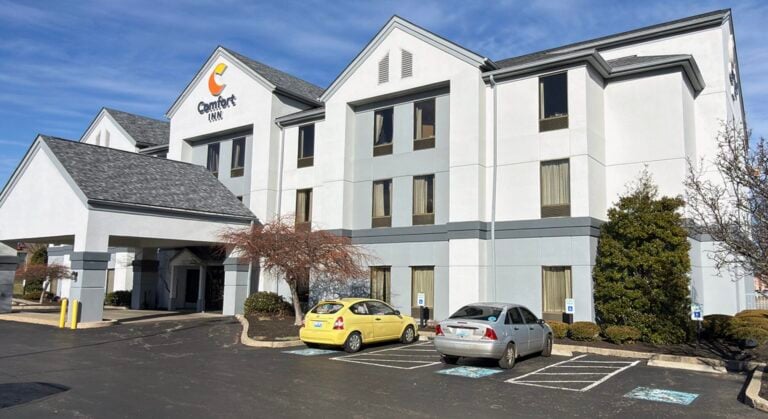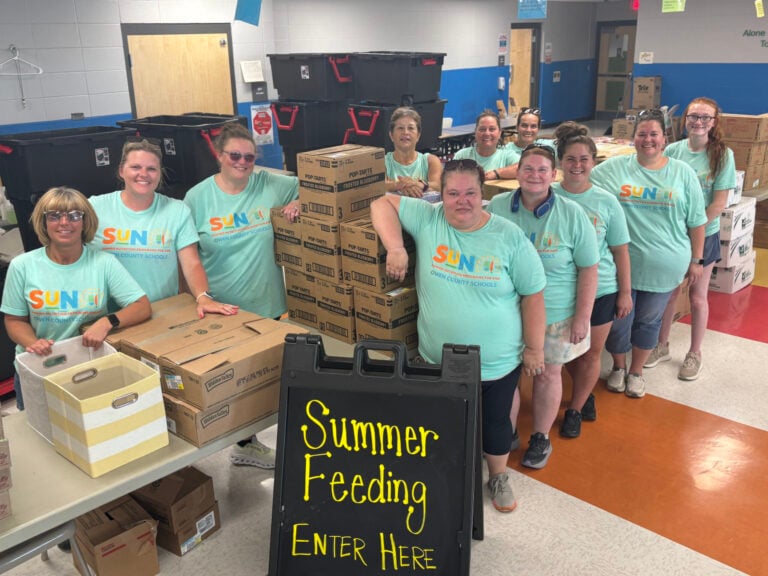A recent discussion about removing debris from Kentucky streams evolved into strong words from Kentucky lawmakers who allege that trash from Virginia is polluting some Kentucky waters.
Interim Joint Committee on Natural Resources and Environment Committee Co-Chair Sen. Jared Carpenter, R-Berea, told state Division of Water Director Peter Goodman that some private landowners shy away from cleaning out creeks and streams flowing through their land for fear of violating environmental regulations. He said cleanup of waterways can be difficult from the banks—which is where the state recommends one-step non-permitted debris removal be conducted—and that some landowners are concerned of being fined if they use removal equipment in the water.
Carpenter said education has helped show landowners “what they can and cannot do” under the one-step removal process overseen by the Division.
“People start hearing stuff from the EPA and water quality scare tactics and they’re scared to death if they get in a stream and a drop of gasoline or drop of oil gets in a creek from …trying to clean the debris out, then they’re going to get a $50,000 fine from the Division of Water, or from some organization,” said Carpenter.
Goodman said use of equipment in waterways is allowed but should be minimized, and some debris removal may require a permit (removal from bigger streams that may take on debris from nearby cities).
It wasn’t long before discussion turned to the the debris and even sewage entering Kentucky waterways from Virginia, the latter of which was detected early this spring flowing from Virginia into the Levisa Fork of the Big Sandy River. Rep. Jim Stewart, R-Flat Lick, asked Goodman if Virginia was fined for the pollution, and Goodman said no, adding that Kentucky did not take action against Virginia, but did implement a swimming advisory for the Levisa Fork above Fishtrap lake. The advisory has since been lifted.

“I just assume we should levy a fine on them; they dumped that raw sewage on us—that’d be my take on it,” said Stewart.
Senate Minority Leader Ray Jones, D-Pikeville, then mentioned large amounts of trash in Pike County’s Fishtrap Lake, a 1,130-acre man-made lake in the county. Jones said the locals call the reservoir “Trash Trap” because of all the trash that Jones said comes into the lake from Virginia.
“Virginia is a significant problem in my opinion …,” said Jones. “They don’t really care what they do over there because their problem ends up in Kentucky, and it’s something that needs to be addressed by the Executive Branch (of Kentucky) in dealing with the Commonwealth of Virginia.”
Goodman said he wasn’t aware of the trash issue on Fishtrap and that he will talk to officials in Virginia and the Army Corps of Engineers about what can be done. He said he would be in touch with Jones’ office, the Corps, and the state of Virginia about possible strategies to address concerns mentioned. Carpenter asked that he also be contacted, calling the matter involving Fishtrap and Virginia “an important issue.”
Goodman told lawmakers that recent tests show the water quality at Fishtrap Lake is “really, really good, setting aside the trash problem.”
The committee also received testimony from Madison County Judge-Executive Reagan Taylor on storm damage and cleanup in that county, and was scheduled to hear from the Kentucky Department of Fish and Wildlife Resources on the state’s wetland and stream mitigation Fee in-Lieu of Program.
From Legislative Research Commission

















